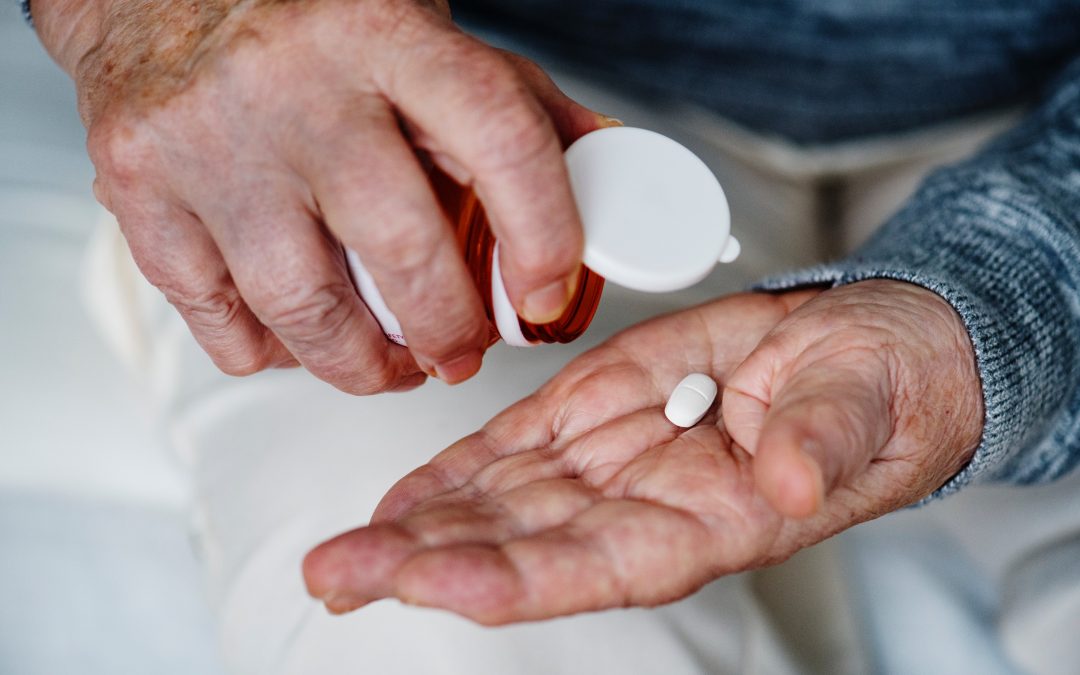Looking at my schedule a few weeks ago, I saw that a new patient was coming in for a consultation to learn more about our Accelerated Opioid Detox (AOD).
Detox means different things to different people.
If you google the word, you’ll find references to various liquid diet plans, colonic cleanses, and great spas you can go to for relaxation and restoration.
When we talk about detox at the Coleman Institute for Addiction Medicine, we are talking about helping people get off various substances. These substances can include alcohol and a variety of medications such as Oxycontin®, hydromorphone, hydrocodone, Vicodin®, Vicoprofen®, fentanyl, heroin, and even Suboxone® and methadone.
For people whose bodies have gotten used to these medications, or built up a tolerance to them, it can be extremely painful, difficult, and occasionally dangerous, to stop them abruptly.
Some people, including the gentleman on my schedule today, have been prescribed pain medication for various surgeries. It is not unusual for them to have been taking these medications for years, and to have a pretty good and honest relationship with the prescribing doctor. Most doctors who prescribe pain medications for their patients have been trying to help keep their patient’s pain at bay, and often this results in regularly increasing the milligrams of medicine the patient receives. They do this because this type of medication causes tolerance; in order to get the same effect, the body needs more and more.
The problem is, when a person taking these kinds of medications wants to stop taking them, they will experience withdrawal. This is described as the worse kind of flu you could ever have: vomiting, diarrhea, body aches, etc. and it can go on for over a week—or even weeks depending on what medication they have been prescribed.
This doesn’t make anyone an addict. This makes them physically dependent.
But my patient didn’t know this.
The owner of an extremely successful painting company, he was so ashamed and embarrassed when he told me how he had struggled to get off these medications. He was terrified about being in our office and being labeled as an addict. He had tried many times over the years to stop on his own, and would often make it for days, and in some cases several weeks. Because he had multiple surgeries over an eight-year period, he was invariably put on these medications again and again, until finally, his body couldn’t function "normally" without them.
He didn’t "abuse" the drugs and he didn’t buy them "off the street." He had known his doctor for many years and his doctor never questioned him or worried he was diverting his drugs. He was a pillar in his community and his church. But when he talked to his doctor about stopping them, his doc didn’t have many good suggestions.
“He told me to wean down. Which I did ... Until I couldn’t. I couldn’t get out of bed; I didn’t want my grandchildren coming over. I barely took care of the yard. I had no energy, and I was mean to my wife…but I’m not an addict.”
We spent a long time talking and by the time he left, he told me he’d learned more in this one visit than he’d ever learned at a doctor’s office before.
I think it was such a relief for him to know that his dependence on these medications had nothing to do with any moral failing; that anybody subjected to these meds for a certain amount of time responds in the same way.
He signed up for the Accelerated Opioid Detox using the Coleman Method and based on the amount of medication he’d been on, we scheduled him for four days. His wife and his daughter were his support team, and he completed his outpatient detox beautifully.
The Coleman Institute for Addiction Medicine not only helps people who have become dependent on pain medications through completely legitimate means, but also people who are dependent on heroin, fentanyl, and other illegal drugs. Our expertise allows us to care for any patient struggling with opioid dependence in a respectful, professional environment; we do not judge our patients, we help them reclaim their lives.
Please call us at 877-773-3869 if you have any questions about getting off opioids for yourself or a loved one.
Joan R. Shepherd, FNP


